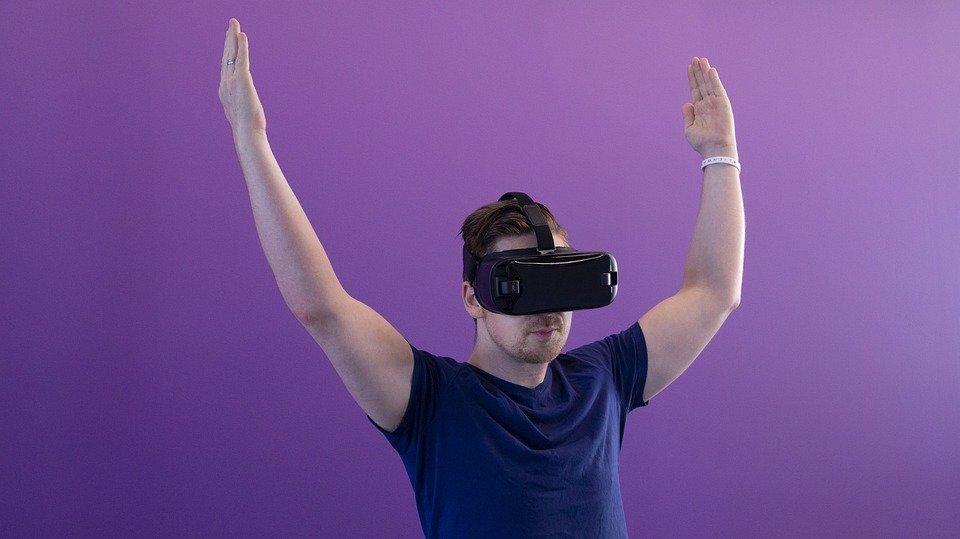The Future of VR: How Virtual Reality is Set to Transform the Way We Live and Work
Virtual reality (VR) technology has been evolving at a rapid pace, opening up a world of possibilities for how we live and work. From entertainment and gaming to healthcare and education, VR is set to transform the way we experience and interact with the world around us.
One of the most exciting prospects for the future of VR is its potential to revolutionize the way we work. With the advancement of VR technology, remote work and telecommuting could become even more immersive and seamless. Imagine being able to attend a virtual meeting or conference from the comfort of your own home, feeling as though you are physically present in the same room as the other participants. This level of immersion has the potential to make remote work a more engaging and productive experience for employees and employers alike.
The use of VR in training and education is also set to transform the way we learn. From virtual simulations for medical students to interactive learning experiences for schoolchildren, VR has the potential to make education more engaging and effective. With VR, students can explore the solar system, visit historical sites, and conduct science experiments in a virtual environment, providing a hands-on learning experience that goes beyond the limitations of textbooks and traditional classroom settings.
In addition to its potential impact on the way we work and learn, VR also has the power to revolutionize the entertainment and gaming industries. With VR, users can immerse themselves in a 360-degree virtual environment, making the gaming experience more realistic and immersive than ever before. In the world of entertainment, VR has the potential to provide audiences with a more immersive and interactive experience, whether they are attending a virtual concert, exploring a virtual museum, or watching a virtual reality film.
Beyond entertainment and gaming, VR is also being used in fields such as healthcare and therapy. Virtual reality can be used to help patients manage pain, overcome phobias, and even treat post-traumatic stress disorder. With VR, medical professionals can create virtual simulations to prepare for surgeries and other medical procedures, providing a more realistic and hands-on training experience.
While the potential applications of VR are vast and exciting, there are still challenges to overcome in order for this technology to reach its full potential. Issues such as cost, accessibility, and user adoption remain barriers to widespread adoption of VR technology. Additionally, concerns about privacy and security in virtual environments need to be addressed in order to ensure the safety and well-being of users.
As VR technology continues to evolve, it will be important for developers, businesses, and policymakers to work together to address these challenges and ensure that VR technology is used in a responsible and ethical manner. With the potential to transform the way we live, work, and interact with the world around us, the future of VR is filled with exciting possibilities. As the technology continues to advance, it is clear that VR has the power to revolutionize the way we experience and engage with the world around us.
